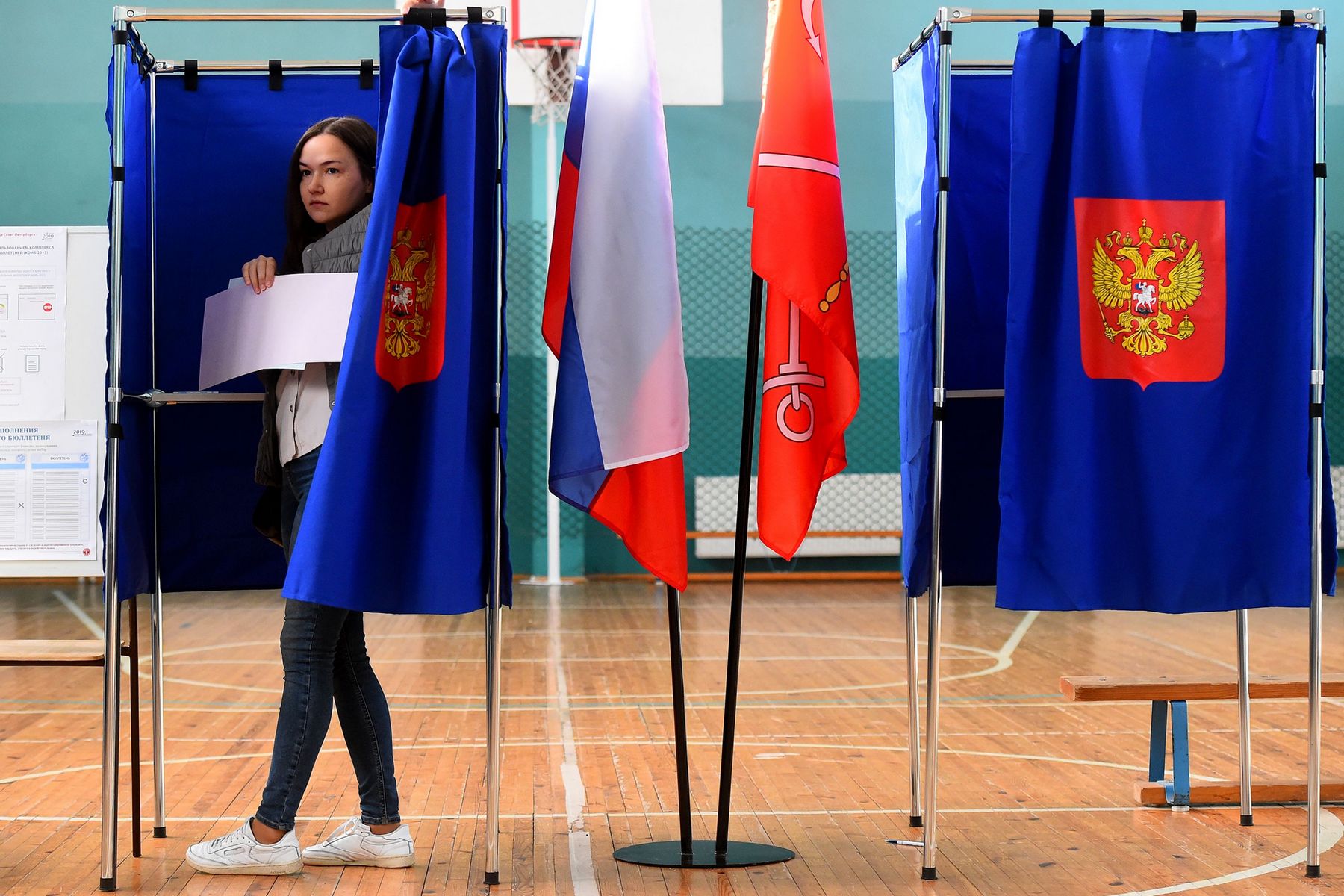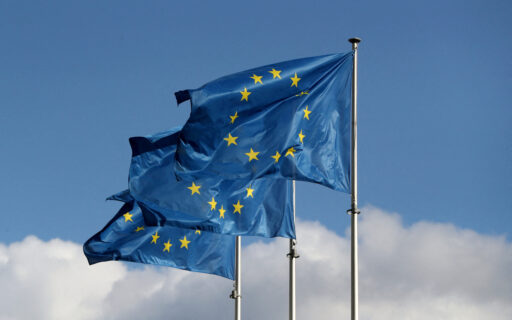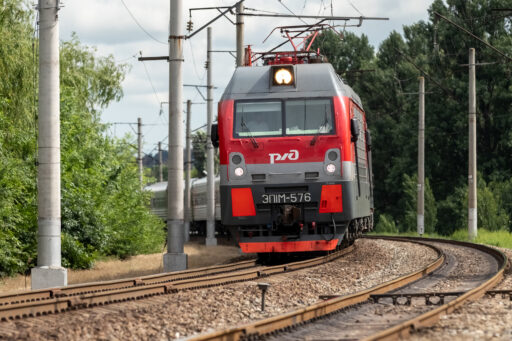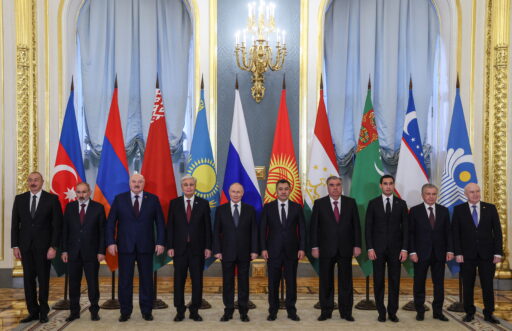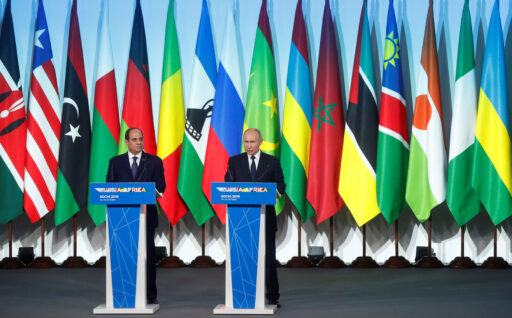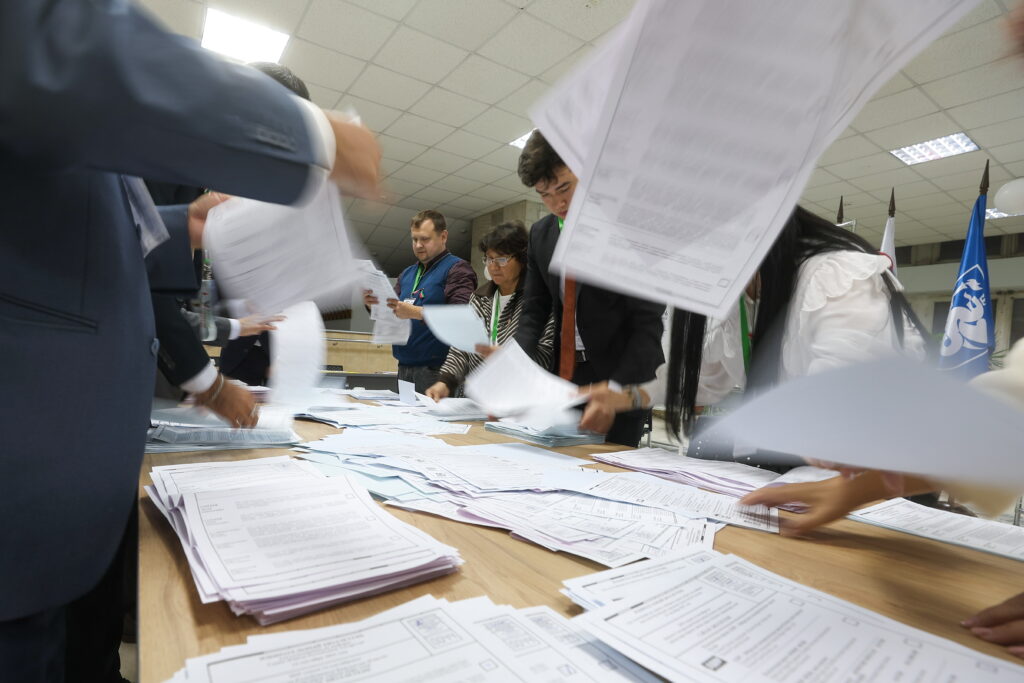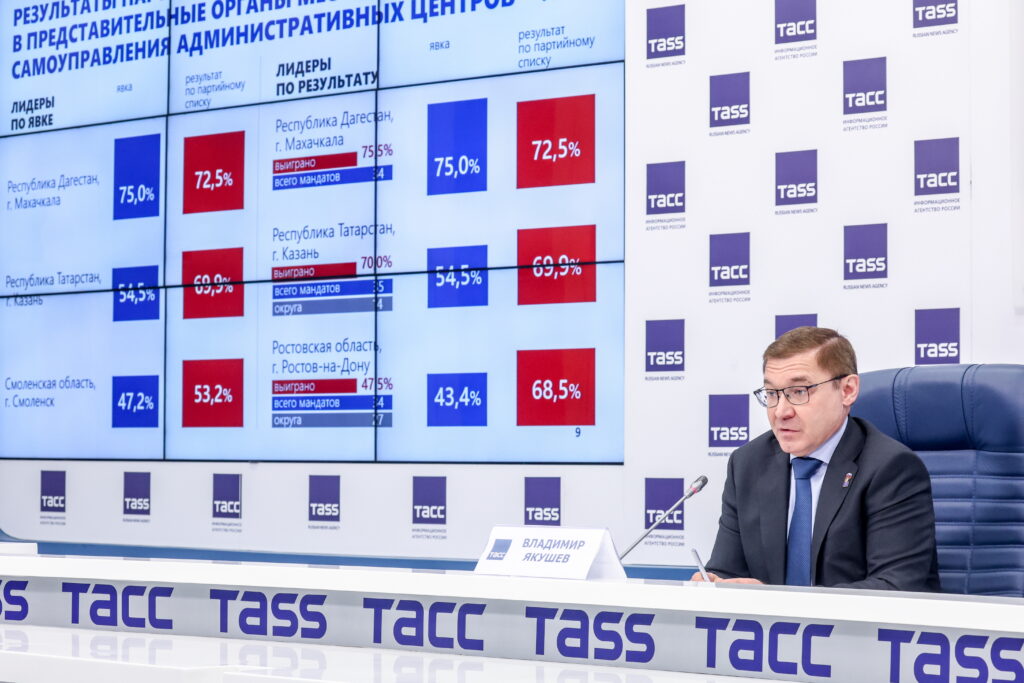On 8 September 2019, residents in Russian regions where elections were being held had the opportunity to use «smart voting» («SV»). Presented by opposition politician Alexei Navalny on 28 November 2018, SV is a project to coordinate voters. The goal of SV is to help citizens to unite around candidates not affiliated with United Russia. In theory, such «united» candidates could compete effectively with the nominees of the ruling administration. To get a recommendation, voters simply needed to enter their registration address on the project’s website or via a special bot on Telegram (a popular messaging app). Then, the system would return the name of the candidate as well as the number and address of the precinct electoral commission. If the elections were in constituencies with many mandates, as was the case in St. Petersburg, voters could also get a list of several names.
After the 8 September vote, views on the effectiveness of SV diverged. Alexei Navalny called the outcome of the campaign «fantastic.» Valery Rashkin, head of the Communist Party Committee in Moscow, announced that it was «very difficult» to establish the effectiveness of SV. Ivan Bolshakov and Vladimir Perevalov of Yabloko wrote an article where they concluded that SV had helped some opposition candidates but was a hurdle to others.
Their opinions were based on the results of the elections to the Moscow City Duma (45 seats), where 20 deputies were elected with the support of SV, the best figure for opposition candidates since the early 2000s. Most probably, this outcome would have been less impressive without the SV. However, it is difficult to identify the exact contribution of SV to the outcome of the Moscow campaign. The main reason is the small number of election participants and the absence of criteria to compare electoral results. For the same reason, it is hard to assess SV’s role in the elections in Khabarovsk or Irkutsk, though candidates supported via SV received significant representation there.
Why St. Petersburg?
The impact of SV could be estimated, or even measured, on the basis of an election campaign with a large number of candidates. At the same time, it would be desirable to have the same people nominated in several constituencies simultaneously during such a campaign: with the support of SV in some constituencies and without such support in others. In that case, the effect of SV could be measured using quantitative methods. The exercise would generate some values to compare against the electoral results for those with and without the SV support. Out of the campaigns associated with the 8 September 2019 voting, the municipal elections in St. Petersburg met these criteria.
Technically, municipal elections in St. Petersburg were not a single electoral event. Considering the number of constituencies established to elect 110 councils of intra-city municipal entities, we can say that, in fact, a total of 321 election campaigns were running under the «municipal elections» umbrella. However, given the single context, the simultaneity of all these elections, the relative similarity among various municipal entities, and the almost identical election systems, this conglomerate of small-scale campaigns can be viewed as a single major election campaign. For this reason, we took the example of municipal elections in St. Petersburg to analyse the effectiveness of SV.
What did we find out?
Having analysed the material of the St. Petersburg municipal elections, we have arrived at four conclusions about the effectiveness of SV:
- Voters cast their votes as recommended by SV;
- The SV-generated support gave candidates an added 7% of the vote;
- SV-supported candidates achieved better results than candidates without such support;
- SV reduced electoral results of United Russia’s nominees.
In the municipal elections in St. Petersburg, 5,305 registered candidates were running for 1,560 mandates. Of these, 1,313 people were supported by the SV system. Each constituency had its own set of candidates. However, the same people ran in different constituencies simultaneously (289 people). A total of 94 candidates running in different constituencies had SV support in some constituencies but not in others. We compared electoral results achieved by those candidates. And we found they were higher in the constituencies with SV-supported candidates. We ascertained the accuracy of this conclusion by comparing the results achieved by only those 78 out of 94 candidates, who had been nominated in different constituencies with the support of the same party or as non-party candidates. The results of the comparison are shown in Figure 1. There is a significant difference between the results achieved by the same candidates with or without the SV support, indicating that voters did follow SV recommendations.

Figure 1: Results achieved by the same candidates with and without SV support (2019 municipal elections in St. Petersburg)
Based on information about 94 candidates supported by SV in some constituencies but not in others, we performed regression analysis. We controlled for candidates’ individual characteristics, their party affiliation, competitiveness at the constituency level, and different districts of St. Petersburg. We concluded that, all other things being equal, the SV support gave candidates an added 7% of the vote.
When comparing the SV-supported candidates with others across constituencies, except for the United Russia nominees, we found that the support for the former was always higher than that for other candidates. Finally, we showed that the results achieved by United Russia’s candidates, expressed both as a percentage of votes cast and as a percentage of seats won, were lower when they had to compete with a higher number of SV candidates in a constituency.
The future of SV
Municipal elections in St. Petersburg showed that Smart Voting has an appeal among voters, boost candidates’ performance and reduces electoral results for United Russia’s nominees. SV stands a chance of becoming an effective strategy for Russian voters and the opposition in the 2020 elections. Moreover, SV candidates can compete well against United Russia’s nominees in single-member constituencies in the 2021 Duma elections. Yet, the effectiveness of SV depends on the quality of the electoral process. The more limited the control over the elections, and the easier it is for the authorities to control voters’ behaviour, the more likely it is that the official election results will differ from the real will of citizens. And, so, the less effective the SV system will be.
In 2020, the Russian authorities took steps to make elections less open to candidates. According to Arkady Lyubarev and Alexandr Kynev, we are now dealing with «the worst legislative regulation of the electoral process for the past 25 years.» On 23 May, amendments came into force to constrain the passive suffrage for citizens who have been convicted under various Criminal Code articles (several dozens of such articles have been listed), in particular those convicted for repeated violations during rallies. The registration procedure for candidates on the basis of voters’ signatures became more complicated: the allowable share of defective signatures was slashed from 10% to 5%. Electronic voting was allowed at all elections. The Central Electoral Commission was given full discretion in defining the procedure and timing of early voting. The justifiable grounds for field voting were changed and, as a result, field voting can be held early and almost anywhere.
The effects of some of these legislative changes have already been observed during the «all-Russian vote» on constitutional amendments, when early voting was held for a week, accompanied by a large-scale campaign to coerce voters to cast a vote and by falsifications. On the single voting day in 2020, early voting will take place over two days, 11 and 12 September, besides the «main election day» on 13 September.
On 31 July, another batch of new legislative amendments came into force. Now, the function of observers at regional and local elections can only be assumed by citizens who hold relevant local registration for residence. Voting can stretch over three consecutive days and take place both inside and outside the premises of electoral commissions. Under such conditions, the outcome of SV will largely depend on the fair behaviour of election organisers. However, there is little faith this will happen.
